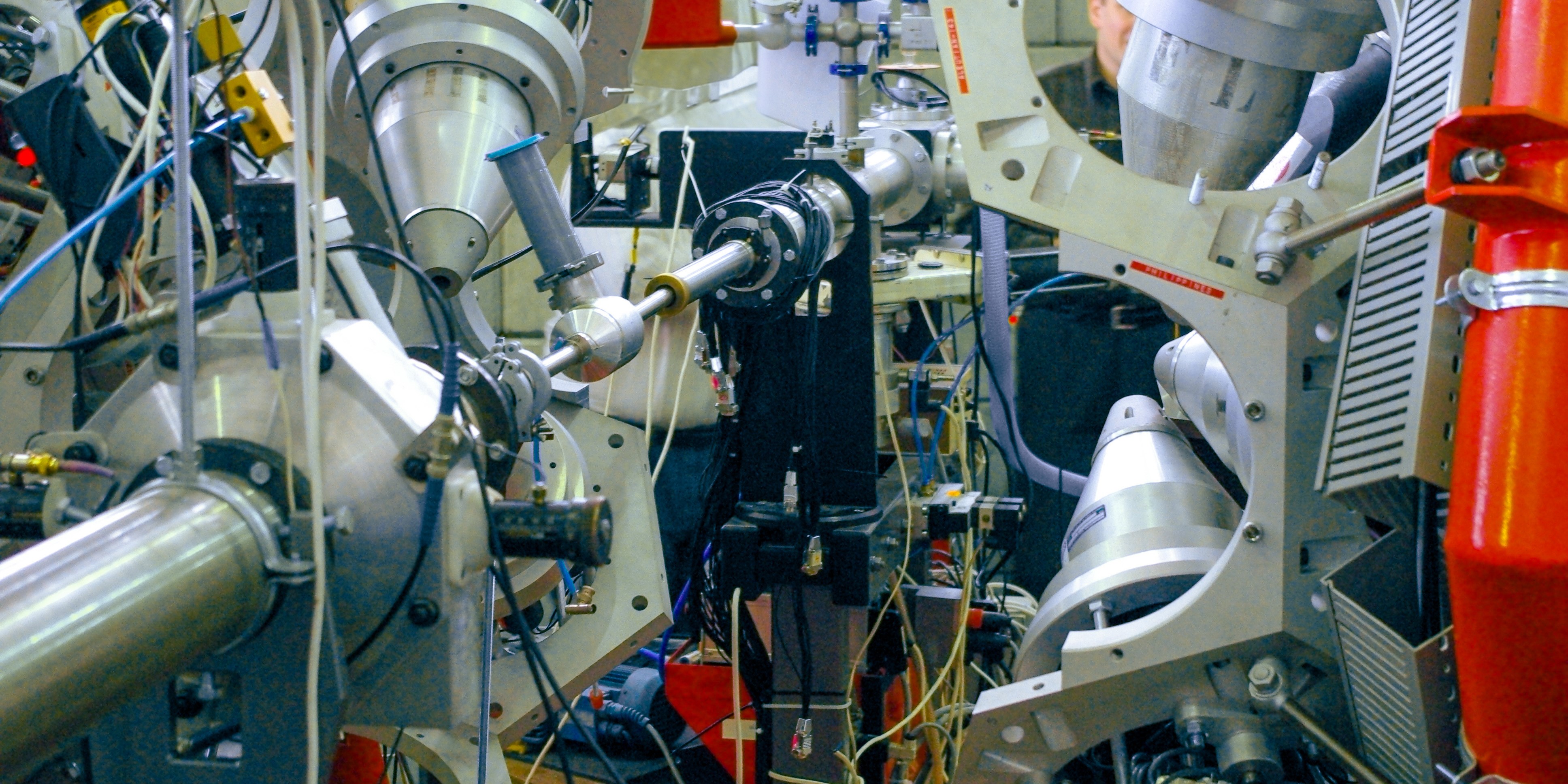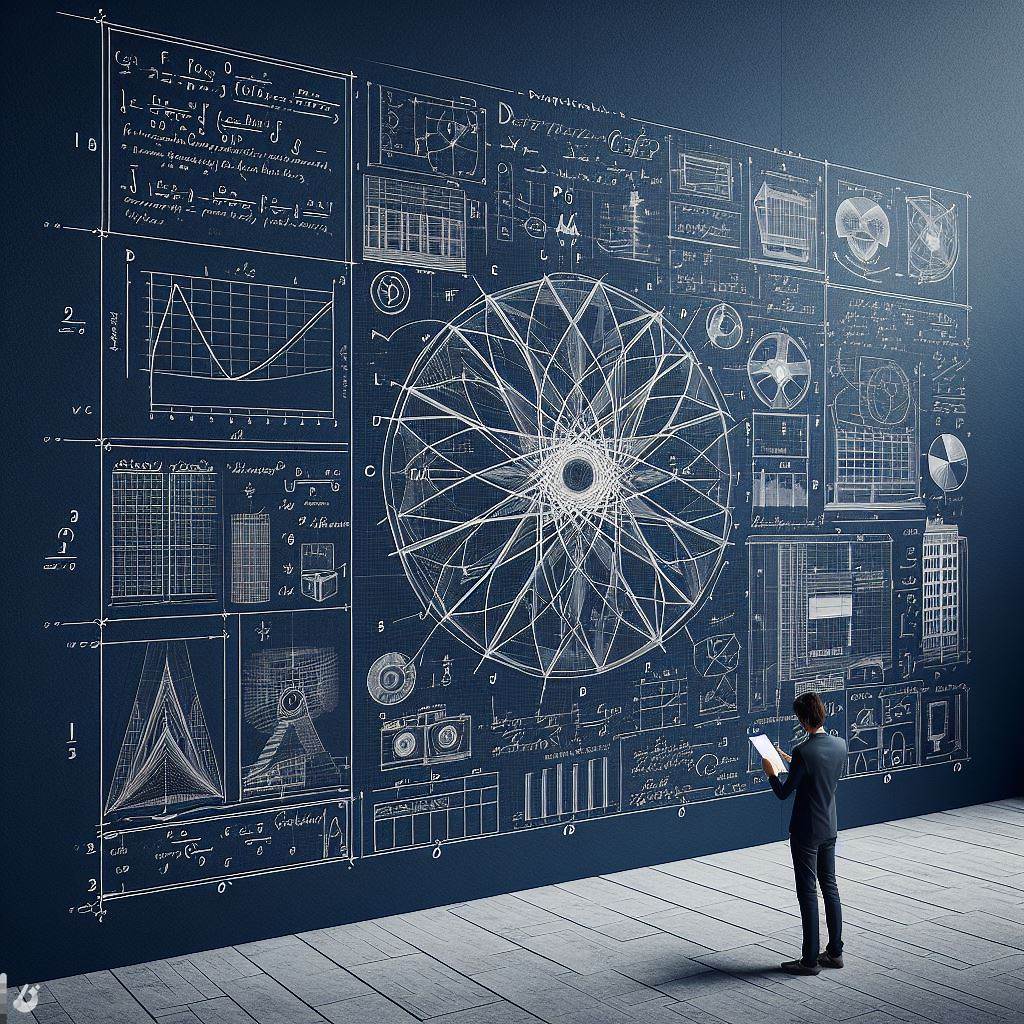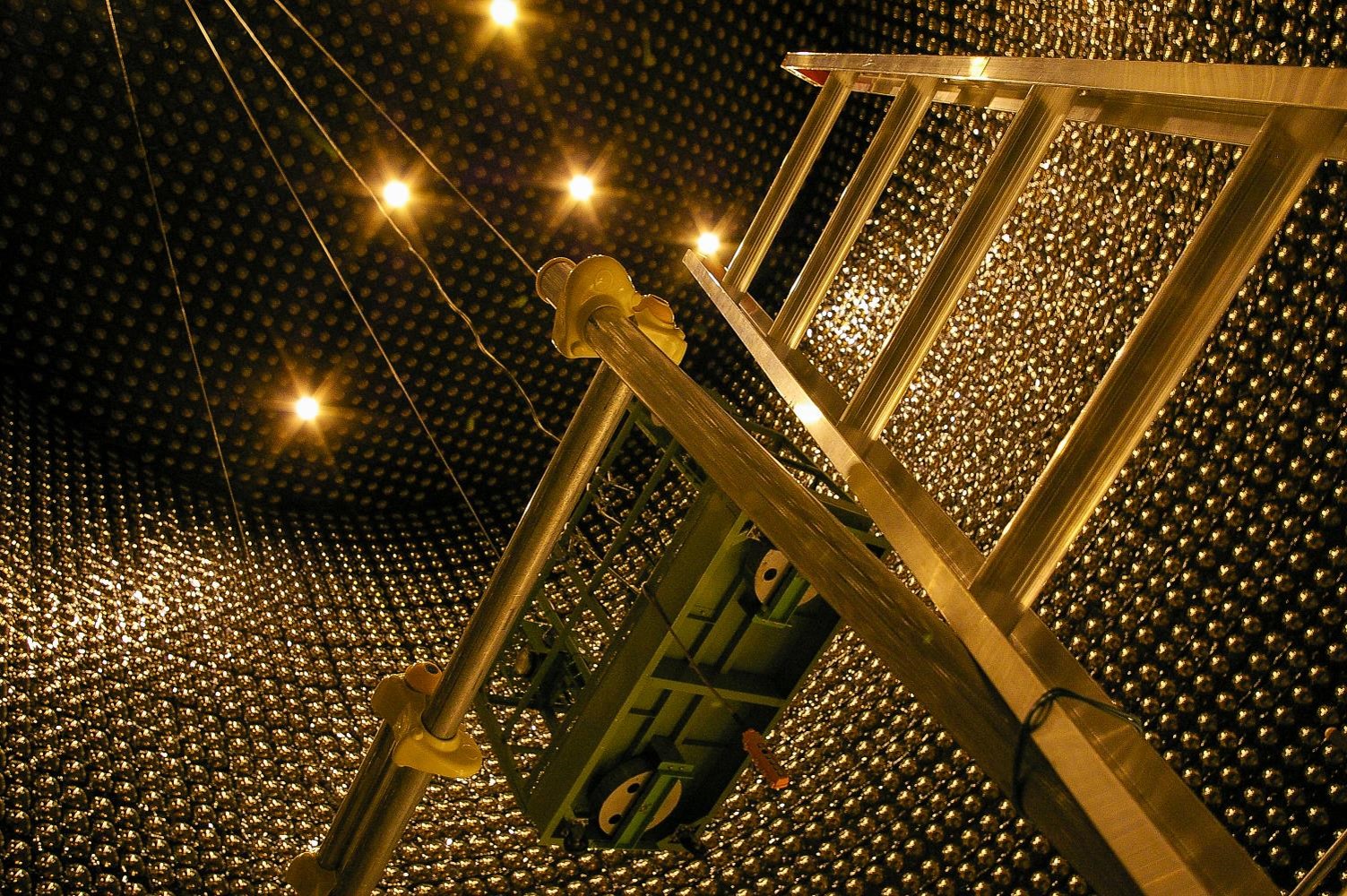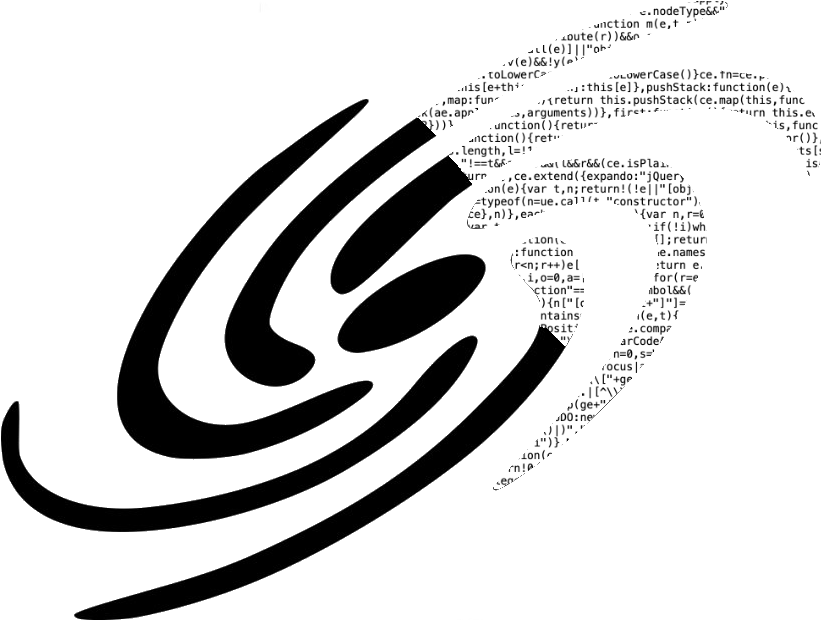What do we specialise in?
The department conducts experimental studies of the interactions of protons and atomic nuclei at the highest available energies achieved at the Large Hadron Collider (LHC) at the European Center for Nuclear Research (CERN) in Geneva. This research is carried out within the framework of the extensive ALICE, CMS, LHCb experimental programs in which the NCBJ participates.
Numerous physicists involved in the T2K and ICARUS experiments are working on neutrinos, especially their oscillations, determining their mass.
Learning about the structure of the proton, and especially the origin of its spin, is the goal of the COMPASS and HERMES experiments, in which collisions of electrons and muons with protons are observed. The department conducts not only experimental but also theoretical work in this field.
DBP physicists are involved in the KLOE-2 and WASA experiments aimed at understanding the structure of hadrons, the search for dark matter interaction particles and the role of fundamental symmetries in the area of relatively low collision energies.
In 2021, we joined the BESIII experiment on the electron-positron collider where this topic will continue. In addition, it is possible to produce quantum entangled baryon-antibaryon pairs, which allows us to extend the study of fundamental symmetries to such systems.
Experimental (ISOLDE experiment) and theoretical studies of the structure of atomic nuclei, especially the heaviest ones, are being carried out. The problems of synthesis and stability of such nuclei have been an important area of scientific activity of the department for years.
Observational astrophysical research carried out by DBP is concerned with various categories of objects found in the Universe, especially its large-scale structures. The VIPERS, VVDS, AKARI projects study the properties and evolution of galaxies.
The Department conducts theoretical research in the field of quantum gravity, on the nature of cosmological and astrophysical singularities, details of the microwave background radiation, the problem of time selection and gravitational radiation.
Theorists also deal with a wide range of issues concerning the Standard Model of elementary particles and its extensions, try to explain the fundamentally important puzzles of dark matter and dark energy, and cosmological models.
The DBP studies cosmic radiation, its composition and energy distribution, and models the interaction of radiation with the Earth's atmosphere.
Konwersatorium Departamentu Badań Podstawowych
9 czerwca 2025
godz. 15.15
sala 207
prof. Dominik Stöckinger – Institute of Nuclear and Particle Physics, Dresden University of Technology
„Muon g-2 theory status: a single number tests our fundamental understanding of elementary particle physics”
Contact
ul. Pasteura 7,
02-093 Warszawa
tel.+48 22 273 28 03,
+48 512 027 306
e-mail: DBP@ncbj.gov.pl









